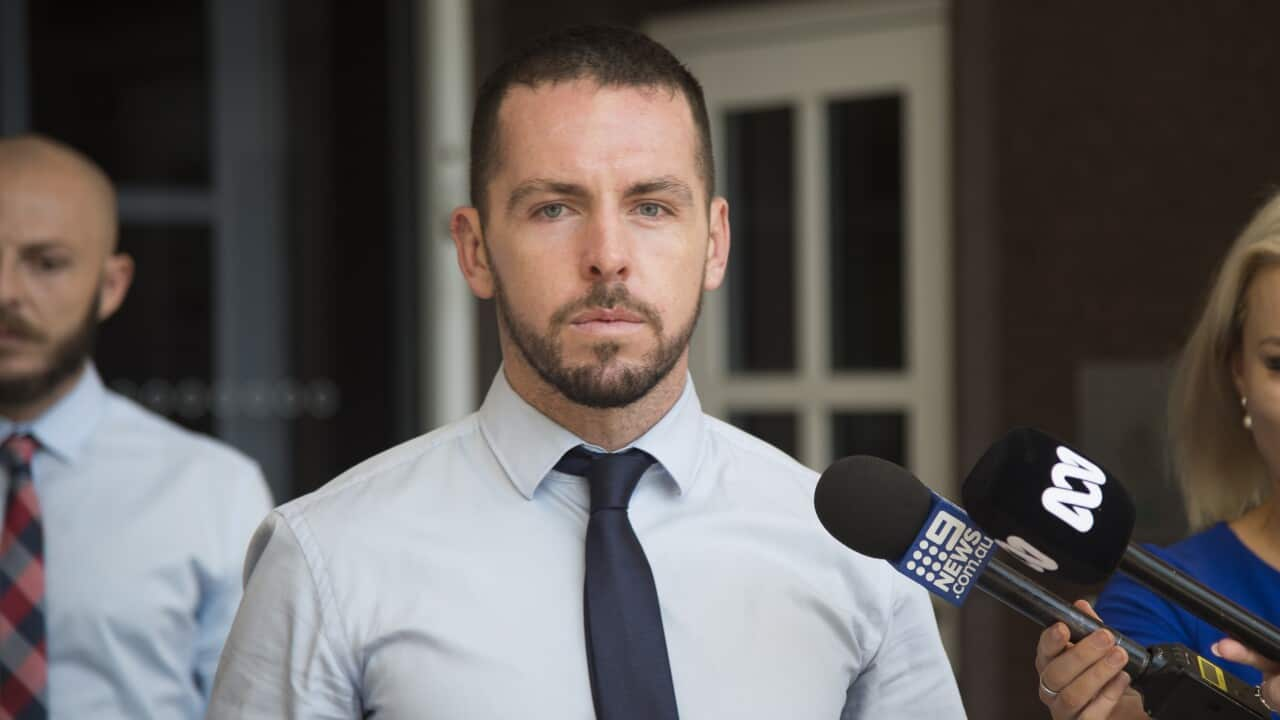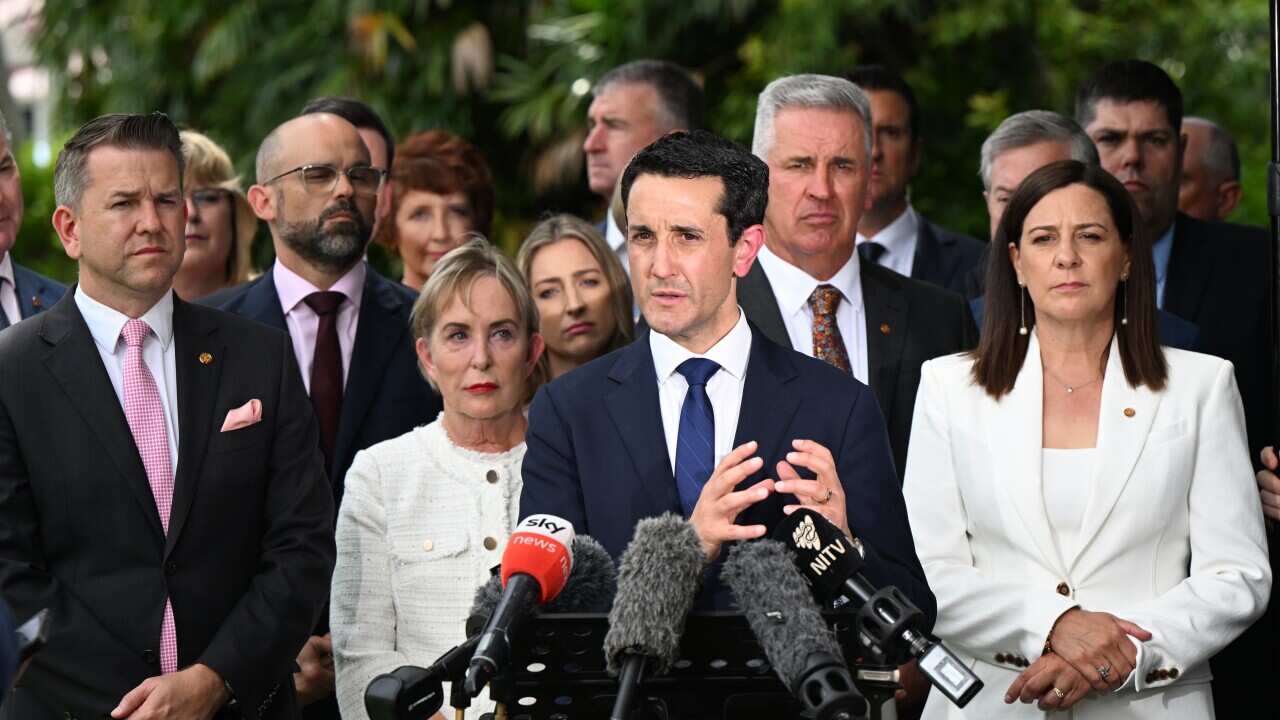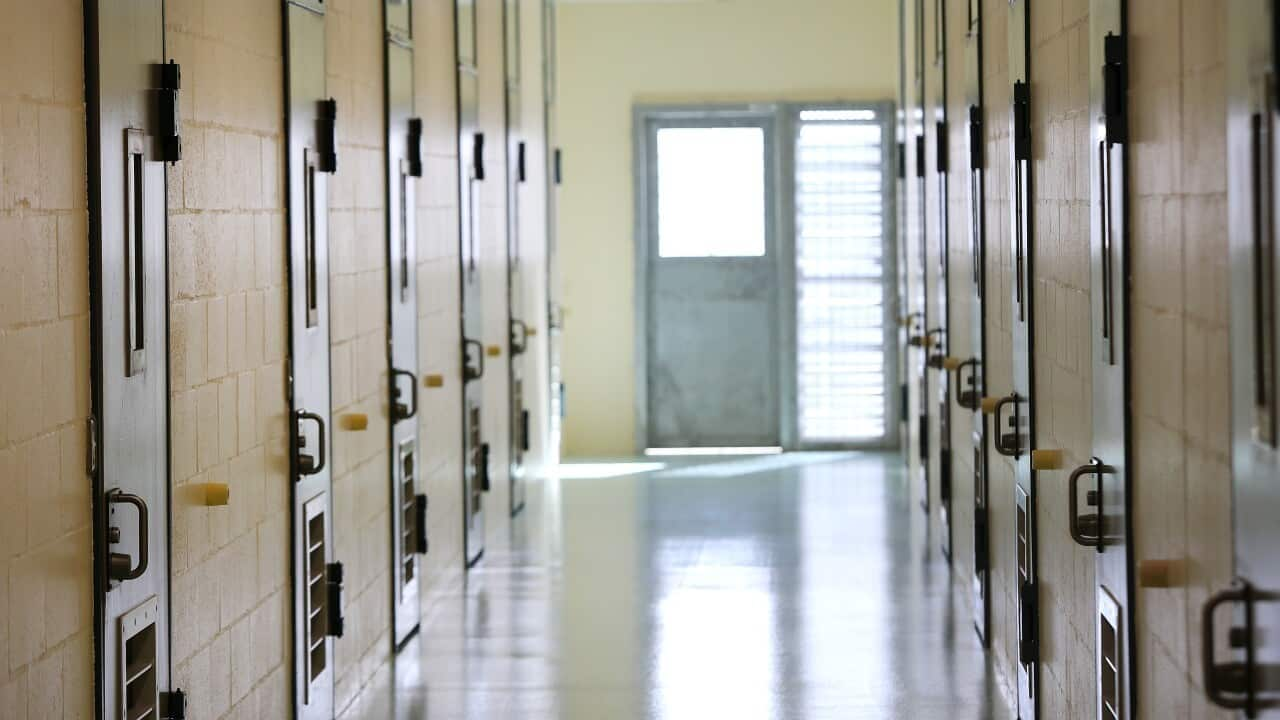Kumanjayi Walker died after he was shot three times by Constable Zacahry Rolfe during an attempted arrest in the community of Yuendumu on Warlpiri lands on the evening of November 9, 2019.
Days later, Constable Rolfe was charged with murder and two lesser charges of manslaughter and engaging in a violent act causing death, and in March 2022 after a five-week trial, the police officer would be found not guilty on all counts in the Supreme Court.
A coronial inquest is to be held in Alice Springs in September to examine all aspects of Walker’s death.
Major issues considered
At the second preliminary hearing in Alice Springs, a detailed list of major issues and questions relating to the teenager's death was released by the Coroner.
Some of Kumanjayi Walker’s family were in court to watch the latest developments and hear arguments from all sides involved in the inquest.
After an acknowledgment to Country and the Arrernte traditional owners of Mbarntwe (Alice Springs) Acting Coroner Elisabeth Armitage again offered her condolences to Walker’s family and community.
“We are genuinely seeking to understand and give a voice to your grief and loss and hopes for the future — and everyone here is working together in the hope of finding a better way forward.” Counsel assisting the coroner Peggy Dwyer has spent the past few days in Yuendumu talking to the community.
Counsel assisting the coroner Peggy Dwyer has spent the past few days in Yuendumu talking to the community.

The family of Kumanjayi Walker speak to the media following Zachary Rolfe's not guilty verdict. Source: NITV News
She told the hearing seven major issues would be considered in the inquest.
- What are the circumstances of Walker’s death?
- Deployment of the Immediate Response Team
- Recruitment, training and supervision within the Northern Territory Police Force
- Conduct of the murder Investigation
- The departure of Yuendumu Medical Centre Staff
- Policing – Broader Issues
- Diverting young offenders from interaction with the police and the criminal justice system
There are more than fifty individual questions related to these seven headline issues, many of them are focused on recruitment, training and supervision, including queries about institutionalised racism.
"Is there any evidence of systemic racism or cultural bias in the Northern Territory Police Force (or some sections of it)?"
"How does the Northern Territory Police Force identify and guard against racism?"
"Is there evidence that police officers based in Alice Springs discriminated against Indigenous Australians?"
"Is there evidence that police officers based in Alice Springs had a negative attitude towards community police?"
"Did that increase the chance of use of force, and reduce the chance of peaceful resolution, when the IRT engaged with the community in Yuendumu on November 9, 2019?”
The drug and alcohol policies of the force are also under the spotlight, including whether Zachary Rolfe was on any medication at the time of the fatal shooting.
"As at 9/11/19 was Constable Rolfe suffering from a health condition or taking any medication?"
"If so, were Northern Territory Police Force health-related policies and procedures complied with?”
"If Constable Rolfe was suffering from a health condition or taking medication, was it appropriate for him to have been selected for and deployed to Yuendumu?”
"Is there evidence that Constable Rolfe used drugs that impacted on his conduct on 9/11/19?"
"What policies and procedures are applicable if a police officer is suspected of using drugs that impact on conduct?" Questions surrounding the excessive use of force by Constable Rolfe will also be considered.
Questions surrounding the excessive use of force by Constable Rolfe will also be considered.

Constable Zachary Rolfe during his murder trial in Darwin. Source: Guy McLean (NITV News)
“Has Constable Rolfe at any time been the subject of relevant complaints or disciplinary proceedings?"
"What are the relevant complaints or disciplinary proceedings?”
"Have they or are they being dealt with in accordance with the relevant policies and procedures?"
"What, if any, action has been taken as a result of, or pending completion of these matters?"
"Has any inappropriate behaviour been condoned, overlooked or excused by Supervisors?”
The counsel assisting the coroner Peggy Dwyer told the hearing: "This is not a commission of inquiry into Constable Rolfe, in fact, the focus is on the Northern Territory Police Force response to issues identified in recruitment, training and responses to complaints of excessive use of force.”
The police investigation that led to Constable Rolfe being charged with murder just days after the shooting will also be examined.
Dr Dwyer told the hearing: “Is there evidence that the fairness or efficiency of the investigation by the Northern Territory Police force was in any way compromised or impaired?”
A brief of evidence prepared for the inquest includes more than 12,000 documents and recordings.
The Coroner will also have access to transcripts and witness statements from the criminal trial but "did not intend to go over old ground" .
A draft witness list has also been finalised but has not been publicly released, so it’s not yet known whether Zachary Rolfe will be called to give evidence again, but his "past conduct" will be examined.
The inquest is set down for September in Alice Springs.














